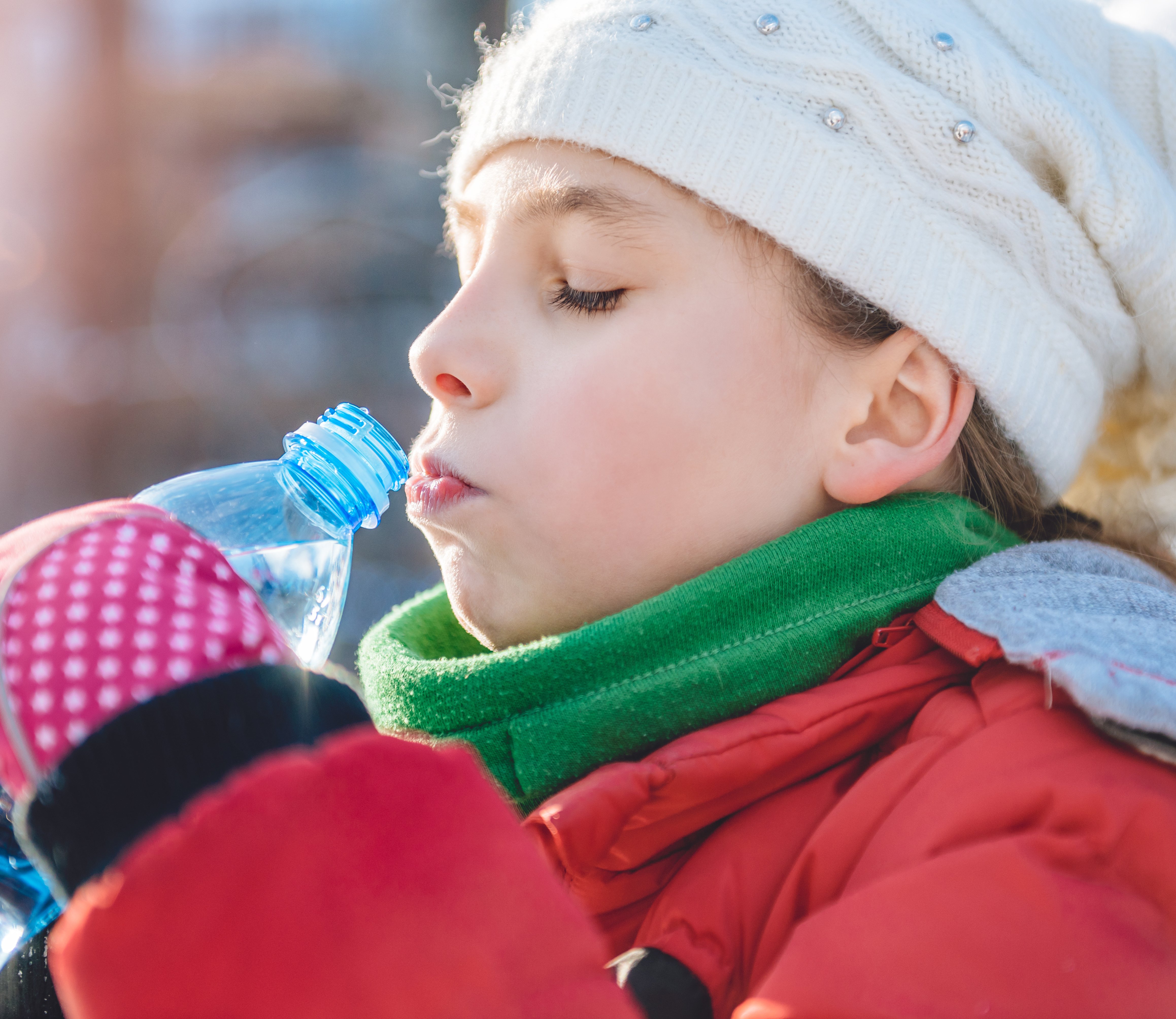’Tis the season of snot – it’s running down faces, clogging up noses, smearing the sleeves of our little ones.
It seems each fall brings the coughing and sneezing, and winter just worsens it. I’m always amazed at how much snot can come out of my own 2- and 4-year-olds’ noses!
Just as our Colorado winter brings more snow just after the prior has melted, children seem to get cold after cold for months. The average child will have 6-8 colds each year, with 3-5 days of the worst symptoms and 2-4 weeks to feel completely better. Wintertime parenting can feel like a constant battle against these frustrating viruses!
It’s unpleasant for adults to have colds, but it’s even harder for young children – their chest wall muscles aren’t strong enough to cough productively, their airways are small, and they haven’t learned how to blow their noses. Children are more likely to have fevers with their colds, and they are higher risk of becoming dehydrated.
Because colds are caused by viruses, antibiotics don’t help, and over the counter cough and cold medications are not safe or effective for children either. So what can you do to help your children get through snot season?
- Suck out the snot. You can unclog noses at home with a tool such as a NoseFrida or suction bulb for your younger ones, a Neti pot for your older ones, and plenty of saline nasal drops or spray. Suction before feedings (it’s hard to suck on a bottle or breast if you can’t breathe through your nose!), before sleep, and anytime you notice labored or congested breathing.
- Humidify and hydrate. Hang out in a steamy bathroom and run a humidifier (fill only with water because salt, Vicks or essential oils can be irritating to the lungs). Hydration (through moist air and drinking plenty of fluids) will help keep all that mucus thin, loose and easier to drain. Thick sticky snot will prolong symptoms, make it harder to breathe and cough, and raise risk for complications such as ear infections.
- Spoon up the honey. Not only is it delicious, research shows honey likely works as well as over-the-counter cough/cold medications, but without all the risky side effects. Honey is our safest cough syrup, but is only safe if your child is at least one year old.
- Ladle the soup. Grandma knew the right recipe for a cold – chicken soup, honey lemon tea and orange slices. The soup seems to have anti-inflammatory effects, and foods high in Vitamin C may help reduce how long your cold lasts, but research is not conclusive. There is no rigorous research to show that echinacea, elderberry, garlic, zinc or essential oils treat colds.
- Treat fever and achiness. Though fever is generally not dangerous, it does make it harder to sleep. Ibuprofen (only in children 6 months or older who are drinking well) and acetaminophen can suppress some fevers for 4-6 hours and give everyone some much needed rest.
- Aim for lots of Zzzzs. Plenty of sleep helps the immune system fight off colds.
- Prevent the spread. Try to share only warmth and joy this winter, not sneezes! Cover your cough, wash hands or use alcohol-based hand sanitizers and clean surfaces with phenol/alcohol based products.
But even if you are doing all you can at home, children can require extra help with their breathing or hydration. Sometimes they develop complications of a cold such as pneumonia, ear infections or bronchiolitis (when the cold virus causes inflammation and snot in the lung’s small airways).
Keeping your children hydrated is important to helping them stay healthy through the cough and cold season.
Seek medical care for any of the following:
- Labored breathing. Children who are struggling to breathe will suck in around their ribs, tug in the notch at the bottom of their neck, flare their nose like a bull, make a wheezing sound, breathe very fast, or look blue around the lips.
- Dehydration. Children will show this with dry lips, a sunken soft spot, faster heart rate or no urine in eight hours. Children with prolonged or higher fevers, persistent vomiting or refusal to drink are at higher risk.
- Prolonged fever. Colds will generally give 3-5 days of fever (a temperature of 100.4F/38C). Children with more than five days of fever, or any child under 3 months of age with fever, should be seen promptly.
- Troubling cough. A cough that is barky, brings up blood, or lasts for more than four weeks needs prompt medical care.
Your primary health care provider and the pediatric experts at Children’s Hospital Colorado are available to help. We are great at helping children breathe more easily during snot season!
If you’re not sure whether your child needs to be seen by their regular doctor or more urgently, call Children's Hospital Colorado's ParentSmart Healthline™ at 720-777-0123 to speak with a registered nurse 24/7 who can help guide you. This guide helps you determine whether your child’s illness can be treated at an urgent care or emergency department. Children’s Hospital also has a free mobile app with helpful resources on assessing your child's illness.
Guest contributor: Julia Michie Bruckner, MD, MPH is a pediatrician at Children’s Hospital Colorado, instructor in pediatrics at the University of Colorado School of Medicine, medical journalist and mother of two. She can be found at www.juliamd.com and on Twitter @JuliaMDWriter.




